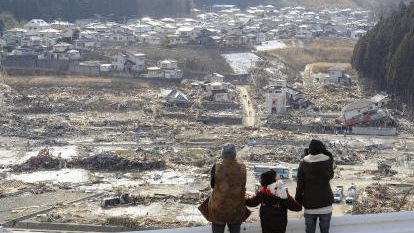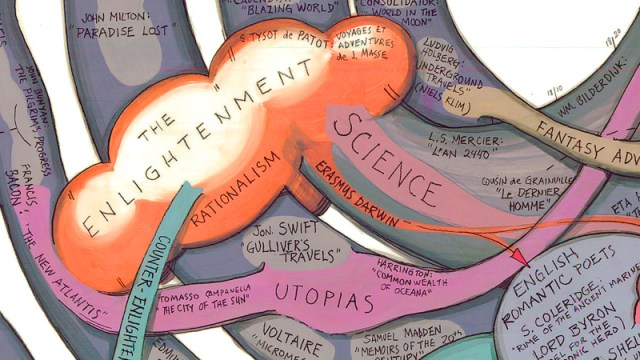Update on the Japanese Reactor Situation

We are entering into a decisive turning point for the reactor crisis in Japan. This accident cannot go on forever, and we are entering a particularly decisive and important phase.
As of Sunday morning, Japanese workers are heroically laying electrical cables to Units 1,2,3,4, hoping to restore power to the backup pumps. If they are successful, then perhaps the pumps can once again maintain water above the cores of the reactors and the spent fuel ponds, and hence stabilize the accident. Then the dangerous phase of the accident would end, and the long, years-long process of clean up may begin.
But workers have to be extremely careful as they turn on the electricity. Many of the badly damaged pumps may not work. Or, an electrical spark may set off an explosion. Then the electrical cables are useless.
So it is a race against time. Radiation levels keep building up. At a certain point, workers may have to abandon the ship if lethal quantities of radiation are found. Then the accident is in free fall, and a series of meltdowns in Unit 1,2,3 are inevitable. Or, a secondary earthquake or pipe break may occur, which will cause a meltdown or explosion which can send deadly radiation into the air.
Remember that there are 12 sites where fuel rods can be found, including both damaged reactors and spent fuel ponds. If any one of them melts down or has a catastrophic explosion, it would force the workers to evacuate, causing other sitesto also melt or explode. The danger is that any one of these 12 sites can eventually have an uncontrolled release of radiation into the atmosphere. So the threat is much greater than Chernobyl, where only one reactor released over 25% of its core inventory into the air.
So the next few days are crucial.
Will the workers finally tame the monster, or will it erupt into a new deadly phase?





